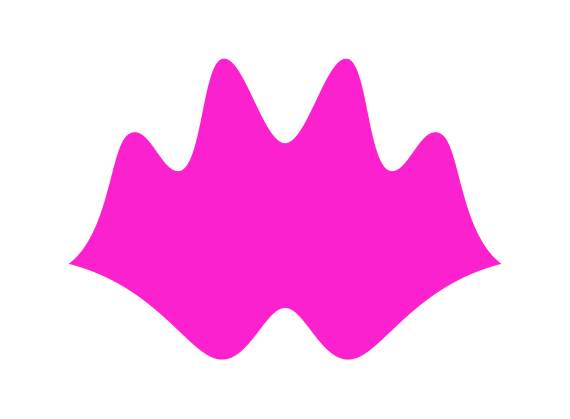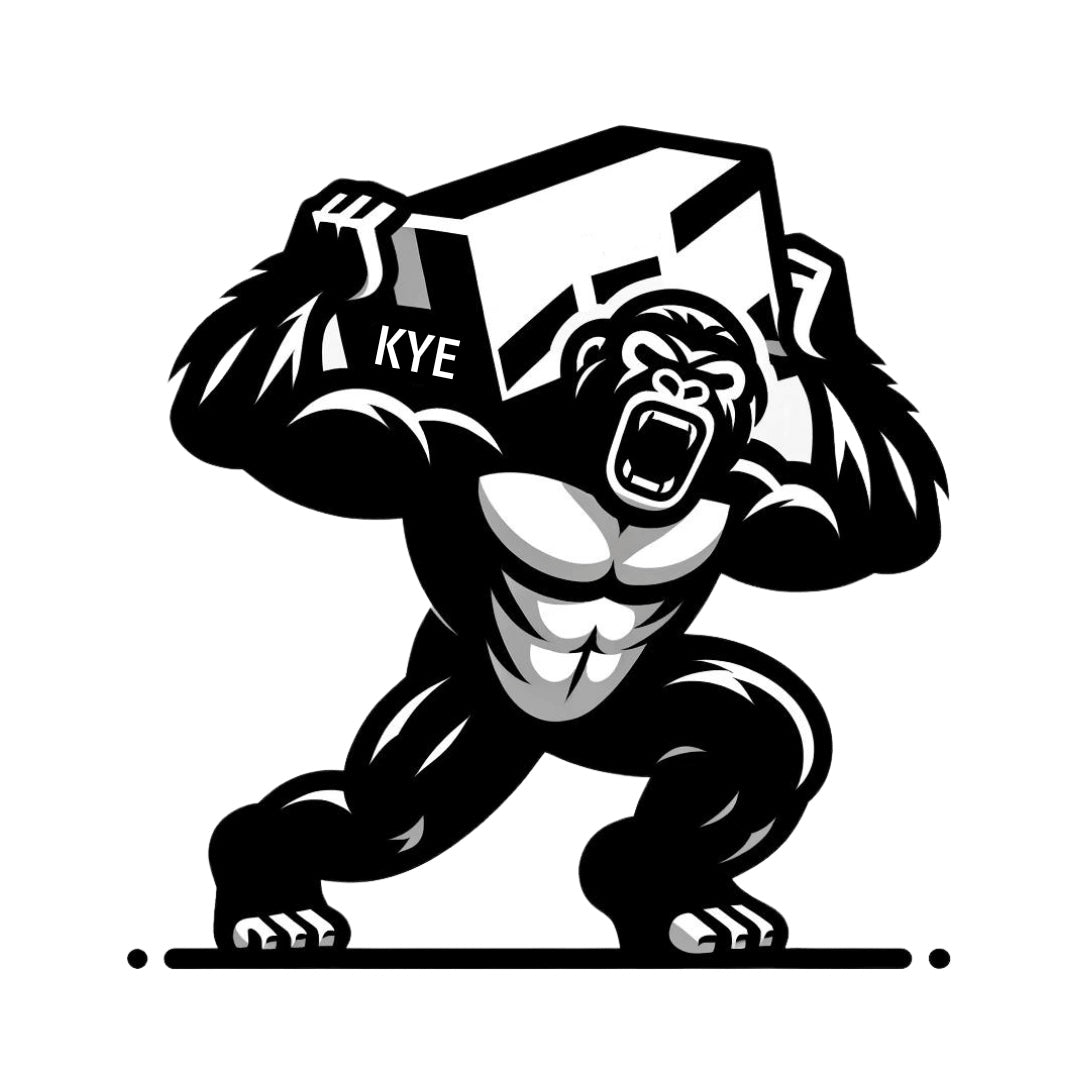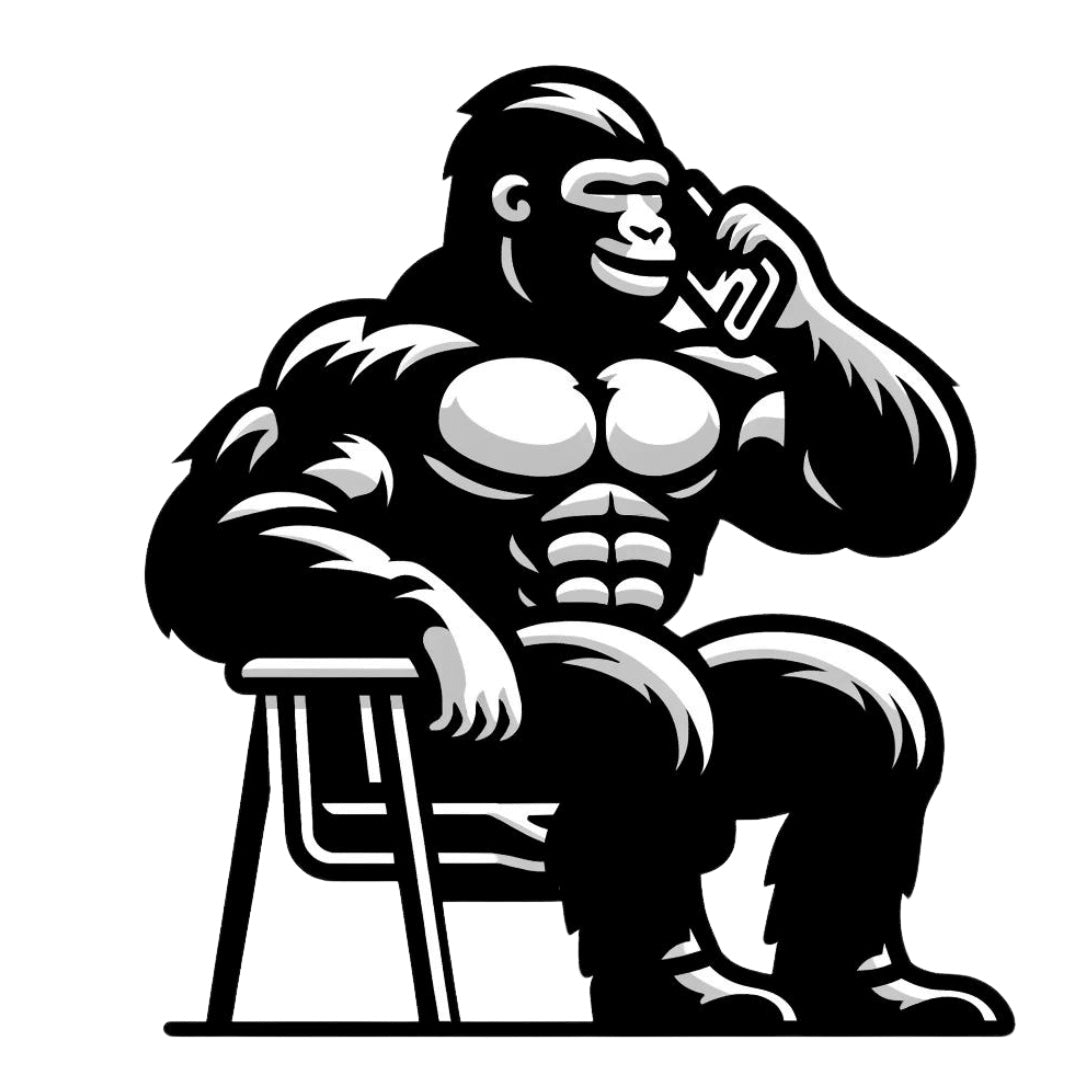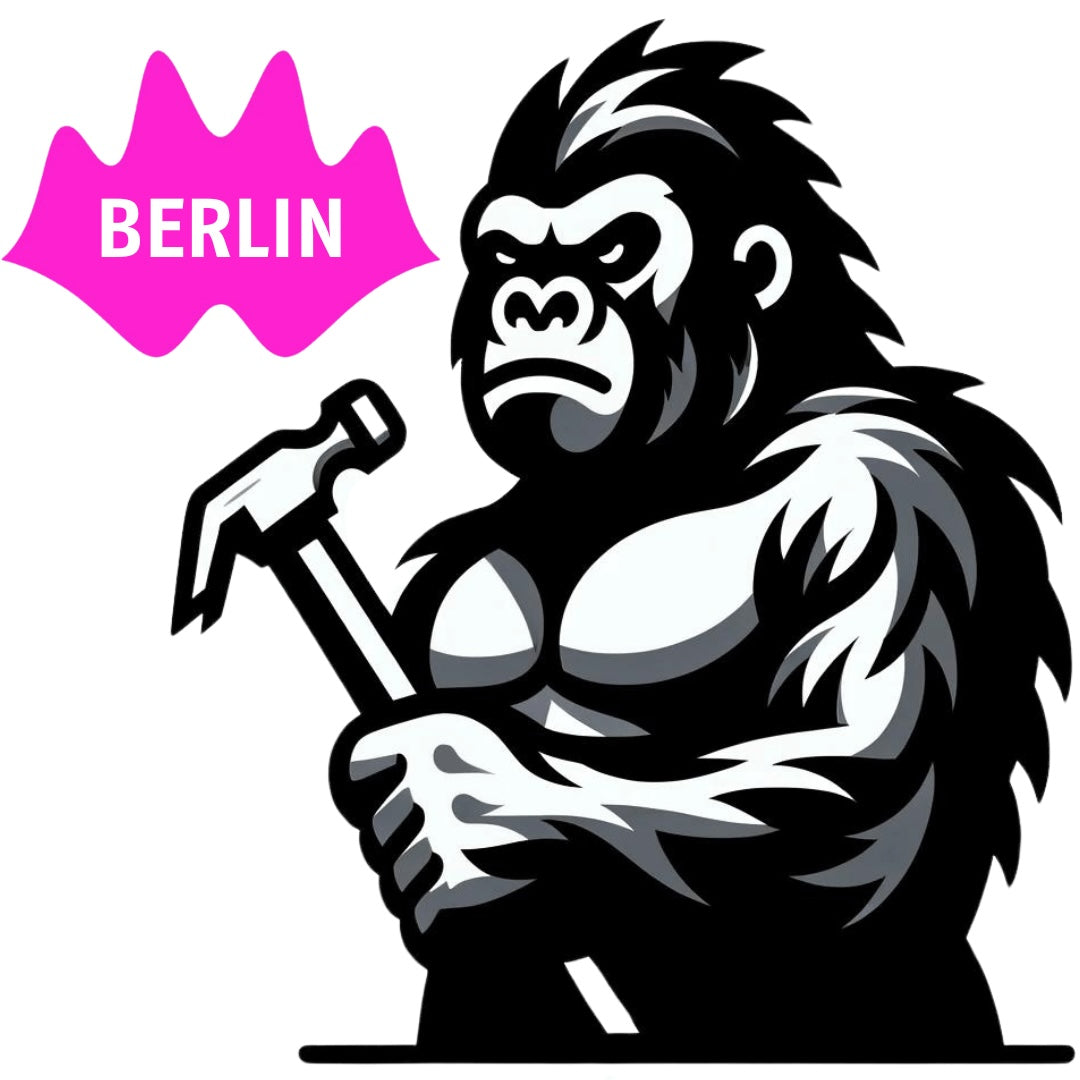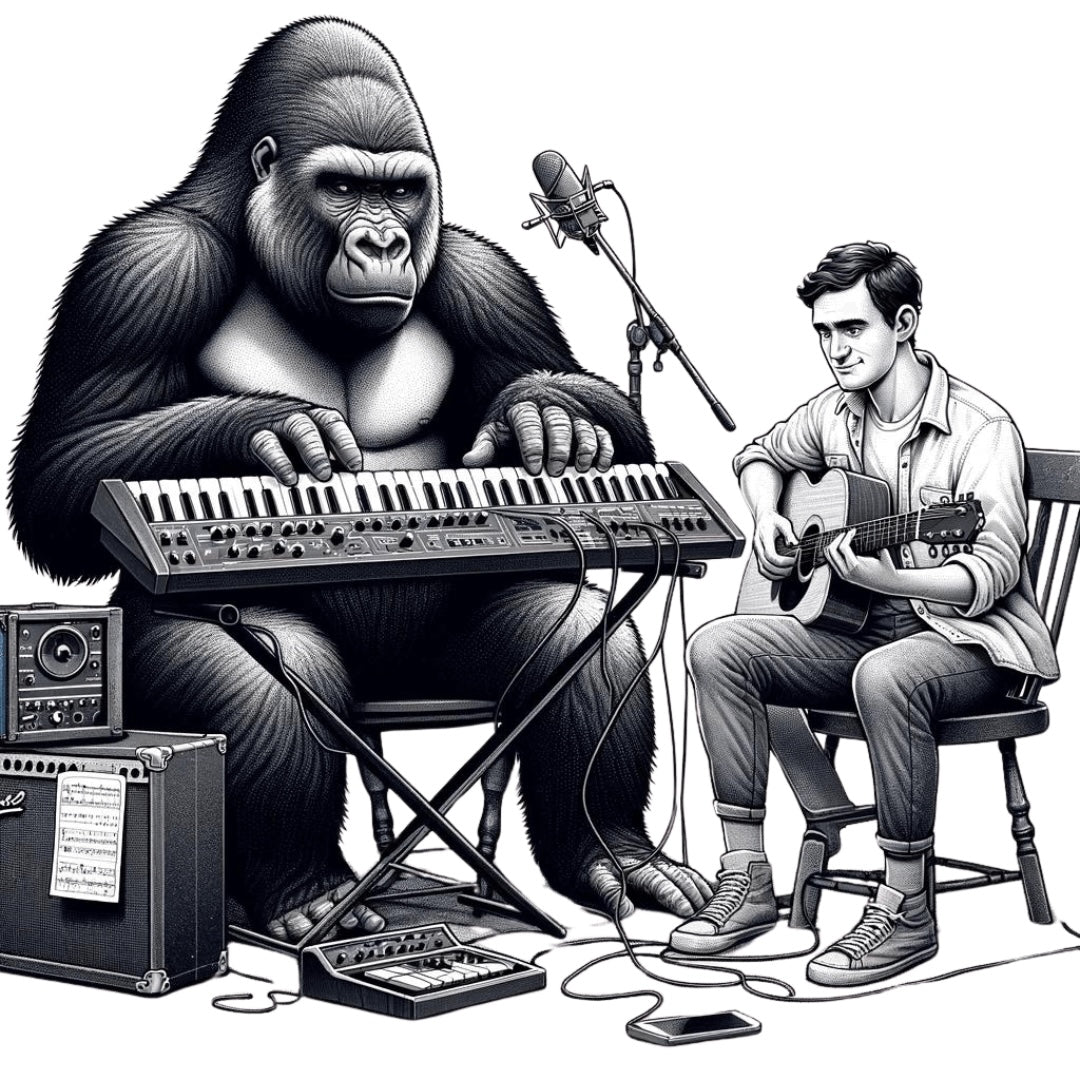Psychedelic therapy - can it help to validate club culture as part of a healthy society?
Written by Pete Armitage
The sensationalist British tabloid headlines of the late 1980s went down in history, condemning the acid house movement as an abomination of the youth. Margaret Thatcher’s tory government essentially struggled to relate to anything outside the Old Etonian weekend curriculum of fox hunting and jizzy biscuit, and took profound offence at the gatherings of gurning youths ‘dancing to repetitive beats’ to directly quote the infamous Criminal Justice and Public Order Act of 1994.
The bill was introduced to counteract the grossly distasteful civil disobedience of ecstasy-guzzling ravers that had plagued the country for six years up until ‘94. Some of the bigger events were Genesis ‘88 and Sunrise, inspiring newspaper headlines such as ‘SHOOT THESE EVIL ACID BARONS’ and ‘ACID PARTY ARMY OF BASEBALL BAT BRUTES’ (The Sun, November 2nd & 3rd 1988).
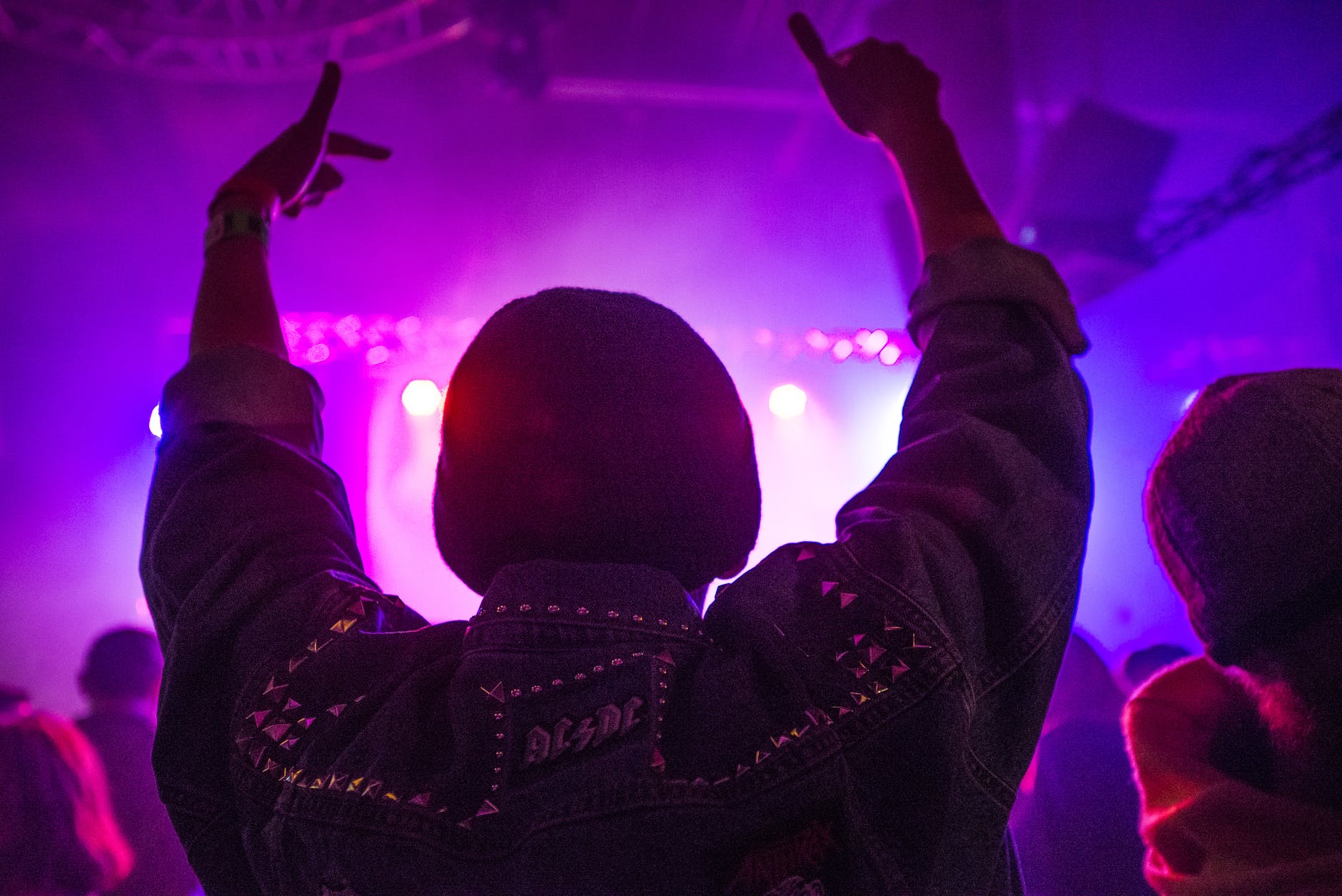
The CJPOA as it was informally known banned groups of young people listening to such devil music and the media and government alike focused on the condemnation of its associated drug use. Their intention was to muddy the burgeoning scene’s name and reputation amongst the thoroughly wet-behind-the-ears populace of Anglia and beyond.
Now, over 25 years after the CJPOA was first enforced, there is growing evidence that the use of the very drugs that were lambasted ad nauseam actually might possess significant therapeutic value.
Let’s have a look at some of the purported sanative properties of illicit substances like LSD, magic mushrooms and MDMA to perhaps justify the claim that our precious club culture (RIP, thanks COVID-19) might actually be a tenable component of contemporary society.

Psilocybin substantially decreases reported depression and anxiety in cancer patients
A landmark randomized, double-blind, crossover trial conducted by Roland R Griffiths (director of the Center for Psychedelic and Consciousness Research at Johns Hopkins University School of Medicine in Baltimore, Maryland) et al investigated the effects of psilocybin (the primary active alkaloid in magic mushrooms) on 51 cancer patients with life-threatening diagnoses and symptoms of depression and anxiety. Among their findings, the scientists found in the participants that, ‘...high-dose psilocybin produced large decreases in clinician- and self-rated measures of depressed mood and anxiety, along with increases in quality of life, life meaning, and optimism, and decreases in death anxiety.’
Additionally, even six months after the treatment, 80% of patients reported a continuing clinically significant alleviation of depressed mood and anxiety.
Although the context and setting of this trial is radically different to that of a nightclub, it’s pertinent to our enquiry in as much as it demonstrates that magic mushrooms aren’t all bad, despite being an illegal drug in most parts of the world.
MDMA may be helpful in the treatment of post‐traumatic stress disorder (PTSD) as an adjunct to post‐trauma psychological therapy
The first randomised, controlled pilot study investigating the safety and efficacy of MDMA was conducted in 2010 by Michael C Mithoefer et al. The research looked specifically at its application in assisting psychotherapy in subjects with chronic, treatment-resistant posttraumatic stress disorder (PTSD).
Participants in the study were administered either an inactive placebo or MDMA during two 8-hour experimental psychotherapy sessions. Both groups also received preparatory and follow-up non-drug psychotherapy. The findings are described in the abstract of the paper, ‘The rate of clinical response was 10/12 (83%) in the active treatment group versus 2/8 (25%) in the placebo group. There were no drug-related serious adverse events, adverse neurocognitive effects or clinically significant blood pressure increases.’

The researchers postulated that the decreased fear response induced by MDMA administration might be helpful when treating PTSD - a condition which often includes exaggerated and uncontrolled fear responses. PTSD psychotherapy sessions often involve the revisiting of previous traumatic events in order to induce and hopefully extinguish such abnormal autonomic responses - and by reducing fear and increasing interpersonal trust during sessions, MDMA might catalyse the healing process.
LSD shows potential in the treatment of alcoholism
Juan José Fuentes, Francina Fonseca Matilde Elices, Magí Farré and Marta Torrens published a paper earlier this year which aimed to identify high quality clinical trials assessing the potential use of LSD in psychiatry. They sifted through research conducted over the last 60 years, settling on four articles regarding alcohol use disorder which they judged to be of high quality (using the Cochrane Collaboration Tool for assessing risk of bias). They found that LSD had a significant effect in all four studies, but that the effect was largely related to quality of life and general health rather than any improvement in abstinence from alcohol.
However a 2012 meta-analysis study by Teri S Krebs and Pål-Ørjan Johansen gleaned evidence of a beneficial effect of LSD on alcohol misuse too, judging that ‘...a single dose of LSD, in the context of various alcoholism treatment programs, is associated with a decrease in alcohol misuse.’
Jesus tab, anyone?
Ketamine can treat depression
Researchers at the Karolinska Institutet in Solna, Sweden have recently shown that ketamine (one of the most common deliriants knocking about in the Berlin underworld) targets specific serotonin receptors in the brain.
Their study objective was to investigate the magnitude of ketamine’s effect on the brain, with particular attention given to its potential action via serotonin 1B receptors. To do this, the researchers ‘...imaged the brains of study participants using a PET (positron emission tomography) camera in connection with ketamine treatment.’
The first phase of the study involved randomly assigning 30 people with treatment-resistant depression to either a ketamine-infusion group (20 individuals) or a placebo (saline) group. Neither patients nor doctors knew who received what. The participants' brains were then imaged with a PET camera before the infusion and 24-72 hours afterwards.
They found that ketamine operated via serotonin 1B receptors in a previously unknown mechanism of action, and its administration actually increases the number of 1B receptors in the brain.
Their results also corroborated previous findings suggesting that ketamine successfully alleviated treatment-resistant depression, with over 70 percent of participants responding to the drug, according to a ratings scale. Pretty interesting stuff for a substance often castigated as little more than a crude horse tranquiliser.
Indeed, the aforementioned studies tackle entirely different applications and contexts for the use of psychotropic drugs compared to the informal nature of club drug use. However, it is important to educate ourselves as a society on the possible constructive implementation of these substances in clinical settings.
Perhaps we can be optimistic that research in the future might seek to investigate the nature of drug use in a club environment for possible insights into its psychospiritual role in our lives, possibly illuminating our understanding of their role in the fabric of healthy contemporary society.
On a final note, a fantastic resource regarding psychedelic therapy is the Multidisciplinary Association for Psychedelic Studies (MAPS) founded in 1986, ‘a 501(c)(3) non-profit research and educational organization that develops medical, legal, and cultural contexts for people to benefit from the careful uses of psychedelics and marijuana.’ Their website details various research projects into psychedelic therapies, including medical cannabis.
Donations can also be made here: https://store.maps.org/np/clients/maps/donation.jsp?campaign=11
